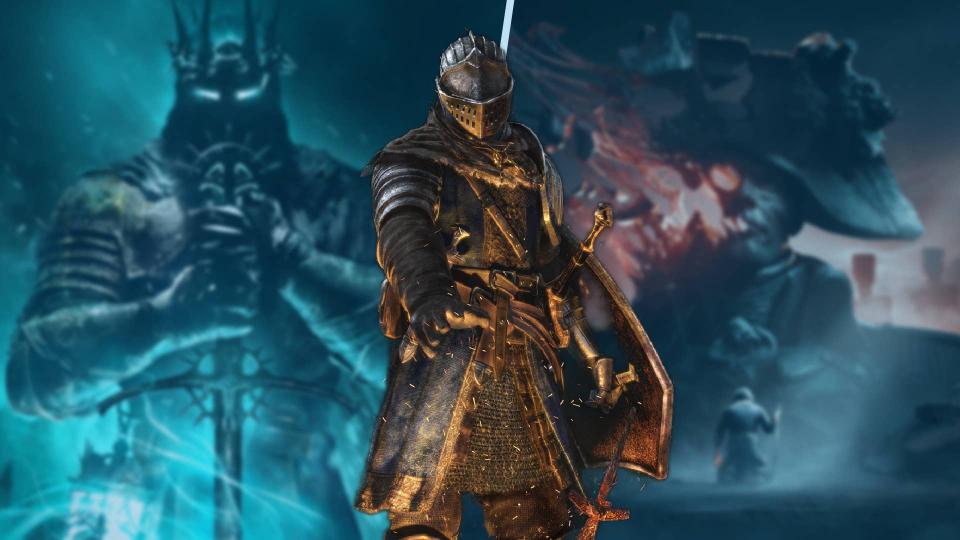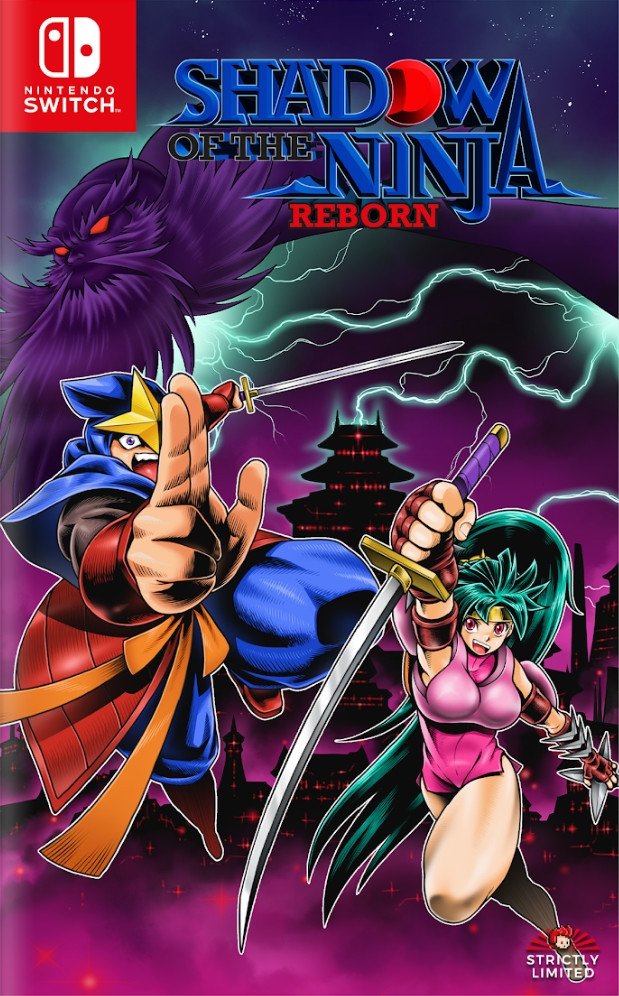The gaming industry is witnessing a significant debate surrounding the term "Soulslike." The popularity of FromSoftware's Dark Souls has led to many games being labeled as Soulslikes, but this classification raises questions about authenticity and originality. With titles like Lords of the Fallen 2 and Valor Mortis being promoted as Soulslikes, it becomes increasingly essential to ask what defines a game as part of this genre. The term can apply to any challenging third-person action-RPG that features mechanics such as stamina management and punishing combat, but many games are being lumped together unnecessarily, resulting in genre fatigue. Developers are increasingly looking to innovate beyond these conventions to deliver fresh experiences.
What defines a game as a Soulslike?A Soulslike game generally incorporates several key elements, such as challenging combat mechanics, stamina management, the loss of currency upon death, and often features looped level designs and hidden lore. However, the term has become overly used, leading to confusion and mislabeling among gamers.
Games like Lies of P and Wuchang: Fallen Feathers represent unique takes on the genre, differentiating themselves through unique narratives and combat systems. Meanwhile, titles like Silent Hill f challenge traditional genre classifications, sparking discussions over whether they fit the Soulslike mold. As gaming evolves, developers from regions like China are exploring these genres to attract global audiences, further complicating the landscape of genre definitions.








Comments
Man, it's wild how the term Soulslike has become such a broad umbrella—almost like calling every FPS a Doom clone back in the day. I'm stoked to see devs pushing the boundaries and adding their own flavor instead of just copying the formula.
Honestly, it feels like every game with a dodge roll and a health bar gets called a Soulslike these days. I'm all for more challenging games, but let's not water down what makes the genre special in the first place.